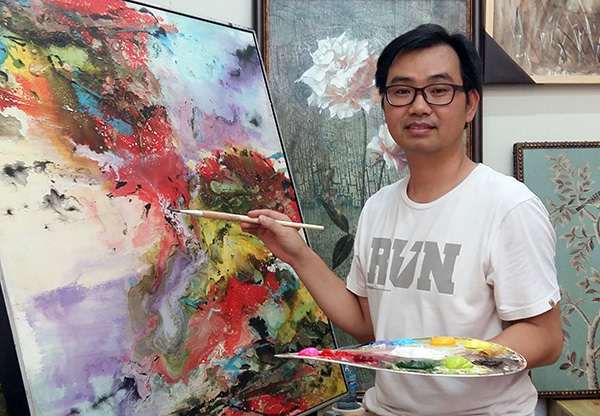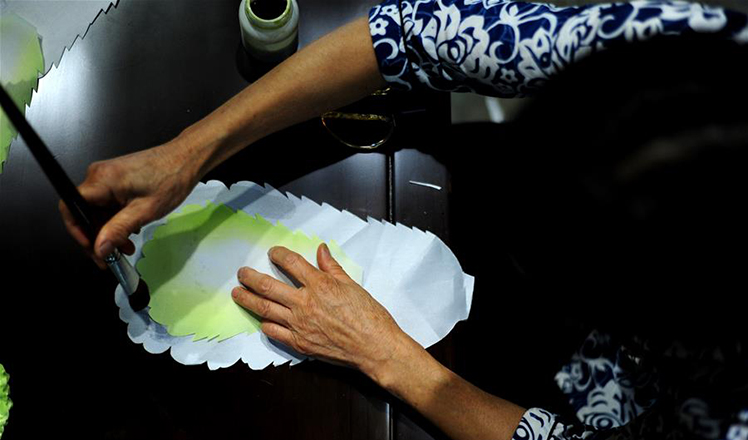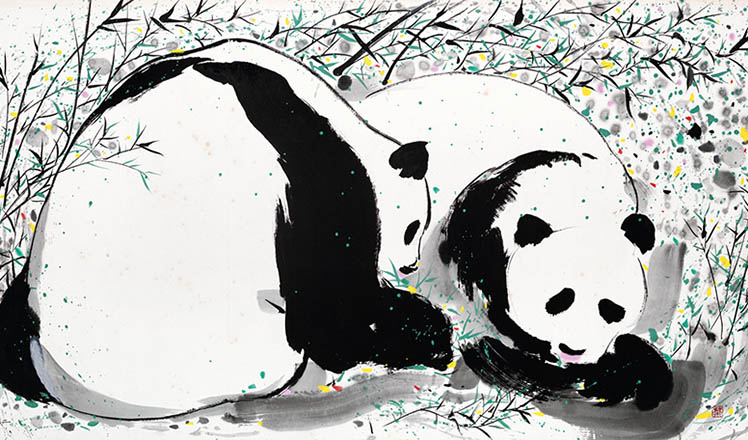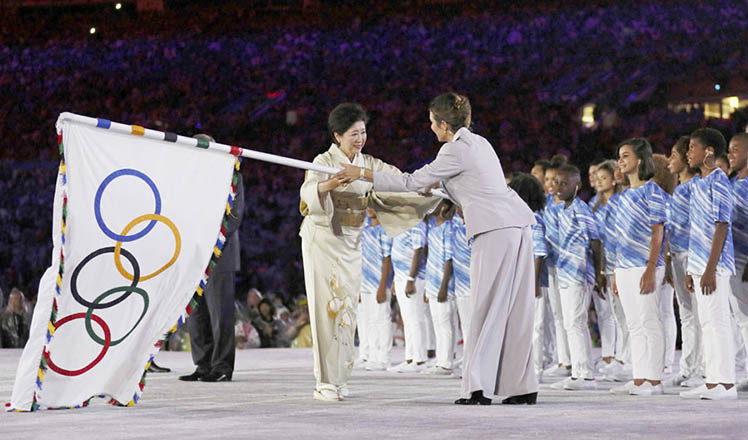'Oil painting is not just a business-it's the thing I love most'
Updated: 2016-08-25 08:32
By Zhou Mo(China Daily)
|
||||||||
 |
|
Wei Haihan has been a painter in Dafen village for 17 years. [Photo by Zhou Mo/China Daily] |
"The village was quite different from what you see now. The infrastructure was underdeveloped; the roads were narrow and dusty, and our workplaces were small and simple. But it was a good time for us painters," recalled the 37-year-old, who runs an art gallery and a factory in the village.
Before the 2008 financial crisis, Wei's factory received numerous orders from buyers in the United States, Europe and the Middle East.
"We shipped 10 or more containers of oil paintings to overseas markets every month, each worth about 200,000 yuan ($30,000). This year, we are only sending three containers a month."
The oil painting industry has not recovered entirely from the crisis, and now it's dealing with another blow-the domestic economic slowdown and falling demand from hotels and government officials, which were once major customers.
A few years ago, a large number of painters left the village after being hit hard by the financial tsunami. Wei was also under great pressure. He was finding it increasingly difficult to make a living from his art, so he decided to leave.
He sold his apartment in Shenzhen and traveled to an inland city where a friend had recommended him for a job. However, Wei quickly discovered that he was working for an illegal pyramid sales operation, so he returned to Dafen to resume his career as a painter.
At one time, most of Dafen's artists made money by copying masterpieces by the great figures of Western art, such as Da Vinci, Van Gogh and Picasso. Now, as the business climate grows more harsh and customers' demands rise, many painters have started producing original artworks.
Wei now paints still lives featuring vases and flowers at his workshop near the village entrance. The prices of the paintings in his workshop range from several hundred yuan to 6,000 yuan. Although several people stopped to appreciate his craftsmanship, none of them bought a painting.
"In the past, we could sell a wall of oil paintings on a single day at weekends. Those days have gone forever," Wei said.
Despite the challenges, he is determined to stay this time. "It is normal that business has ups and downs. The sluggish market has certainly affected Dafen's painters greatly, but for outstanding painters, there is still a market to help us survive. More important, for me, oil painting is not just a business-it's the thing I love most."
Related:
- China, Japan, S. Korea should work to make differences controllable
- Several killed after strong quake strikes Italy, topples buildings
- FM's Tokyo trip to help set trilateral G20 cooperation tone, source says
- DPRK's renovated central zoo attracts thousands of visitors every day
- Canadian PM to visit China
- UN Security Council slams deadly terrorist attack in Turkey

 Top 5 smartwatches in customer satisfaction
Top 5 smartwatches in customer satisfaction
 Woman creates silk Chinese cabbage
Woman creates silk Chinese cabbage
 Panda family celebrate birthday in Malaysia
Panda family celebrate birthday in Malaysia
 Life of an underwater photographer
Life of an underwater photographer
 Lakers confirms Yi Jianlian's signing
Lakers confirms Yi Jianlian's signing
 Premier Li pays homage to Red Army martyrs
Premier Li pays homage to Red Army martyrs
 'Born in China' in Chinese paintings
'Born in China' in Chinese paintings
 Goodbye, Rio; hello, Tokyo
Goodbye, Rio; hello, Tokyo
Most Viewed
Editor's Picks

|

|

|

|

|

|
Today's Top News
Trump outlines anti-terror plan, proposing extreme vetting for immigrants
Phelps puts spotlight on cupping
US launches airstrikes against IS targets in Libya's Sirte
Ministry slams US-Korean THAAD deployment
Two police officers shot at protest in Dallas
Abe's blame game reveals his policies failing to get results
Ending wildlife trafficking must be policy priority in Asia
Effects of supply-side reform take time to be seen
US Weekly

|

|







